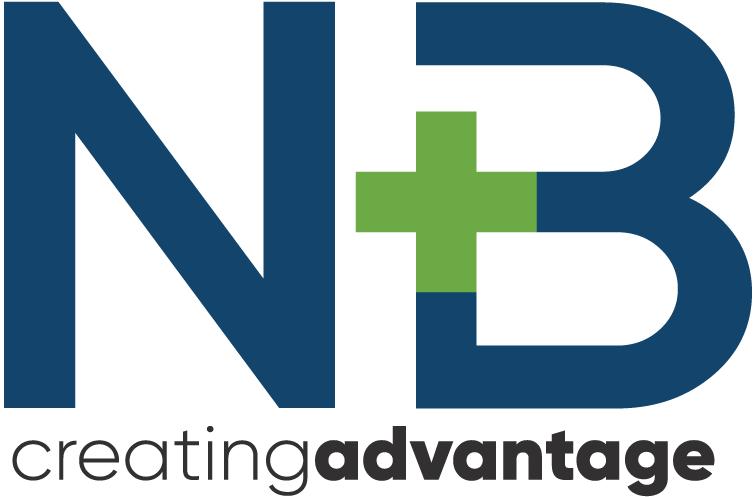Arm Yourself with Knowledge about Coronavirus
During this time of concern about the spread of the novel coronavirus, COVID-19, it’s important for us to be well-informed and prepared. This resource includes trusted information from the Centers for Disease Control and Prevention (CDC) surrounding common questions about COVID-19, how you can protect yourself, and what to do if you get sick.
What is a Coronavirus?
Coronaviruses are a large family of viruses that are common in many different animal species. Although it is not common, animal coronaviruses can sometimes infect people. In rare occasions like our current experience, an animal coronavirus develops the ability to spread from one person to another.
Have We Seen a Coronavirus Outbreak Before?
You may remember the SARS virus that became a global outbreak in 2003. That was a coronavirus, which appears to be closely related to the current coronavirus outbreak.
What is COVID-19?
COVID-19 is the designated abbreviation for the current novel (new) coronavirus.
What are the Symptoms of COVID-19?
Symptoms can include fever, dry cough, and shortness of breath. Severity of illness varies.
How is COVID-19 Spread?
The virus is thought to be spread primarily from person-to-person. This usually happens between people who are in close contact (within about 6 feet of each other). It is spread through respiratory droplets that are released into the air when an infected person coughs or sneezes. These droplets are generally not visible, but can land on people nearby, or possibly be inhaled into the lungs. The droplets can land on an infected person’s hand, then be transmitted to another person with a handshake. The droplet then has to make its way to your eyes, nose, or mouth in order to cause infection.
How Can I Protect Myself and My Community?
- Avoid close contact with people who are sick
- Avoid touching your eyes, nose, and mouth
- Wash your hands using soap and water for at least 20 seconds, especially after going to the bathroom, blowing your nose, coughing, sneezing, or before eating or preparing food
- If soap and water is not available, use an alcohol-based hand sanitizer with at least 60% alcohol
- Clean and disinfect frequently touched surfaces
- Use an alternative to handshaking when greeting someone, maybe a friendly wave of the hand
- Stay home if you are sick
- Cover your cough or sneeze with a tissue, then throw the tissue in the trash
Should I Wear a Face Mask?
The CDC does not recommend that people who are well wear a facemask to protect themselves in the community from any respiratory disease, including COVID-19.
How Concerned Should I Be About Coronavirus?
- There is no reason to panic, but you should be concerned and cautious
- You should keep up with your local news in order to stay informed about the situation in your local community
- If you must travel to another area, make sure you know the situation in that area beforehand
- Talk with your employer about what the plan might be if the virus starts spreading in your area (for instance, do you have the ability to work from home?)
- Be prepared for the unlikely circumstance that you would need to be quarantined at home for 2 weeks, with little notice (have additional canned goods or frozen foods on hand, for instance)
What Do I Do if I Think I Have COVID-19?
- Stay home, except to get medical care
- Avoid public areas and public transportation
- Stay in a specific room as much as possible, separate from other people in your home
- Call ahead before visiting your doctor and let them know you think you may have COVID-19 so they can take appropriate precautions
- Monitor your symptoms and seek prompt medical attention if your illness is worsening (i.e. difficulty breathing)
How Do I Get a Coronavirus Test?
If you have a fever, develop virus symptoms, have recently traveled to an area with an ongoing spread of the virus, or have come into contact with a person who is known to have it, call your doctor. They will decide whether you need to be tested, but keep in mind there is no treatment for COVID-19 and people who are mildly ill may be able to isolate and care for themselves at home.
If your doctor thinks you might have the coronavirus, he or she will contact the CDC or your local health department for instructions on testing.
Where Can I Get More Information about COVID-19?
For more information about the coronavirus, contact a trusted source like your state health department or a national health organization.
Find your state’s health department phone number here: https://www.cdc.gov/coronavirus/2019-ncov/downloads/Phone-Numbers_State-and-Local-Health-Departments.pdf
View more resources on the coronavirus on the CDC’s website here: https://www.cdc.gov/coronavirus/2019-ncov/index.html

